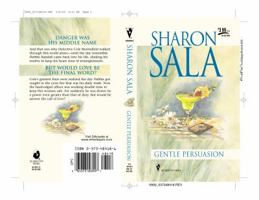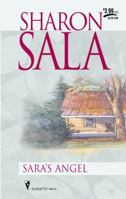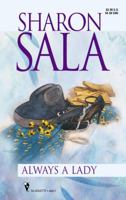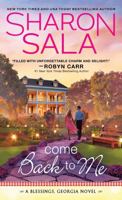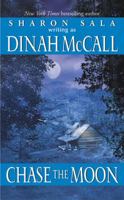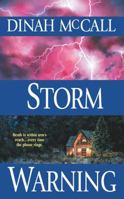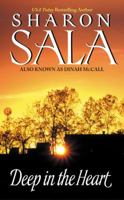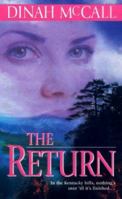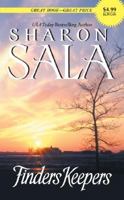You Might Also Enjoy
Book Overview
Desert Man by Barbara Faith released on May 25, 1994 is available now for purchase.
Format:Mass Market Paperback
Language:English
ISBN:0373075782
ISBN13:9780373075782
Release Date:June 1994
Publisher:Silhouette Books
Length:250 Pages
Weight:0.30 lbs.
Dimensions:0.7" x 4.2" x 6.7"
Customer Reviews
5 customer ratings | 4 reviews
Rated 5 stars:)
By Thriftbooks.com User,
Josie McCall seems like a beautiful intelligent woman, but she is not perfect. Josie has one prejudice-Middle Eastern Men. She lumps them all together as chauvinistic and believes that they treat their women as second-class citizens. Josie is highly upset that her best friend Jenny and Jenny's soon to be husband Mike would have Prince Kumar Ben Ari as their best man. Josie was sure that Jenny learned her lesson about trusting...
0Report















